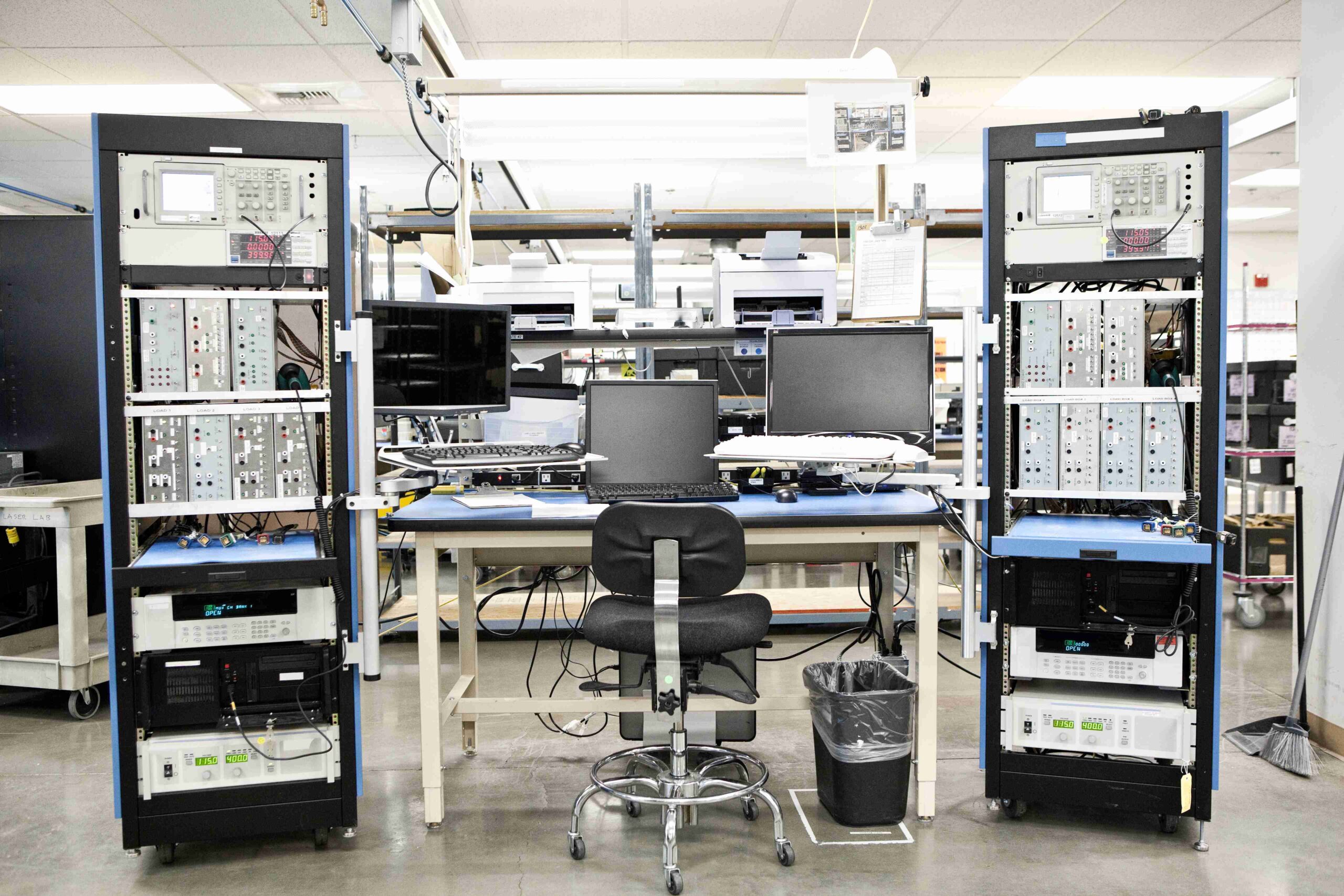Linux Kernel 5.6. Developers Tackle the 2038 Problem
In the latest tech news today, Linux Kernel 5.6 is making waves as developers prepare to address the looming 2038 issue, an impending challenge for 32-bit systems akin to the Y2K problem. This update marks a pivotal step for operating systems as they gear up to operate smoothly beyond the infamous January 19, 2038 deadline.
What is the 2038 Problem?
Dubbed the “Unix Y2K,” the 2038 issue revolves around a limitation in 32-bit systems. At precisely 3:14:07 AM on January 19, 2038, the time storage in many 32-bit systems will overflow. This is due to the time_t format, a signed 32-bit integer, which counts seconds since January 1, 1970. Once it exceeds its maximum value, the system will interpret the time as a negative number, potentially resetting clocks to 1970 or even 1901.
Such a glitch could wreak havoc on software and systems, making it crucial to implement long-term fixes well in advance.

Linux Kernel 5.6: A Solution in the Making
Linux Kernel 5.6 has taken the lead as the first mainline kernel ready to ensure 32-bit systems function seamlessly beyond 2038. Developer Arnd Bergmann, in an email to Linus Torvalds, highlighted key updates that lay the groundwork for this breakthrough.
Changes in Linux Kernel 5.6 include:
- Modifying the time_t structure to store seconds using a signed 64-bit integer.
- Traversing all kernel time_t references to replace them with more secure alternatives.
- Updating critical components like nfsd, xfs, alsa, and v4l2 trees.
- Preparing user-space applications to align with modern Linux kernel systems.
This rigorous overhaul ensures the kernel is maintainable in the long term and minimizes future compatibility issues.
Next Steps for 32-bit and 64-bit Systems
While Linux Kernel 5.6 paves the way, avoiding the 2038 issue will also require updates to user-space applications. Developers will need tools like GNU C Library 2.32 and Musl libc 1.2 to build systems with 64-bit time_t support.
Interestingly, Bergmann noted that challenges tied to Y2038 on 64-bit systems mirror those of 32-bit systems, emphasizing the universal importance of these updates.
With Linux Kernel 5.6 setting the stage for a 2038-proof future, developers and organizations can look forward to more stable, reliable systems. This milestone highlights the collaborative power of the open-source community in tackling challenges that affect systems worldwide.
The 2038 issue serves as a reminder of the need for forward-thinking solutions, and Linux Kernel 5.6 shows that the tech world is up to the challenge. Stay tuned to tech news today for more updates on this evolving story.
